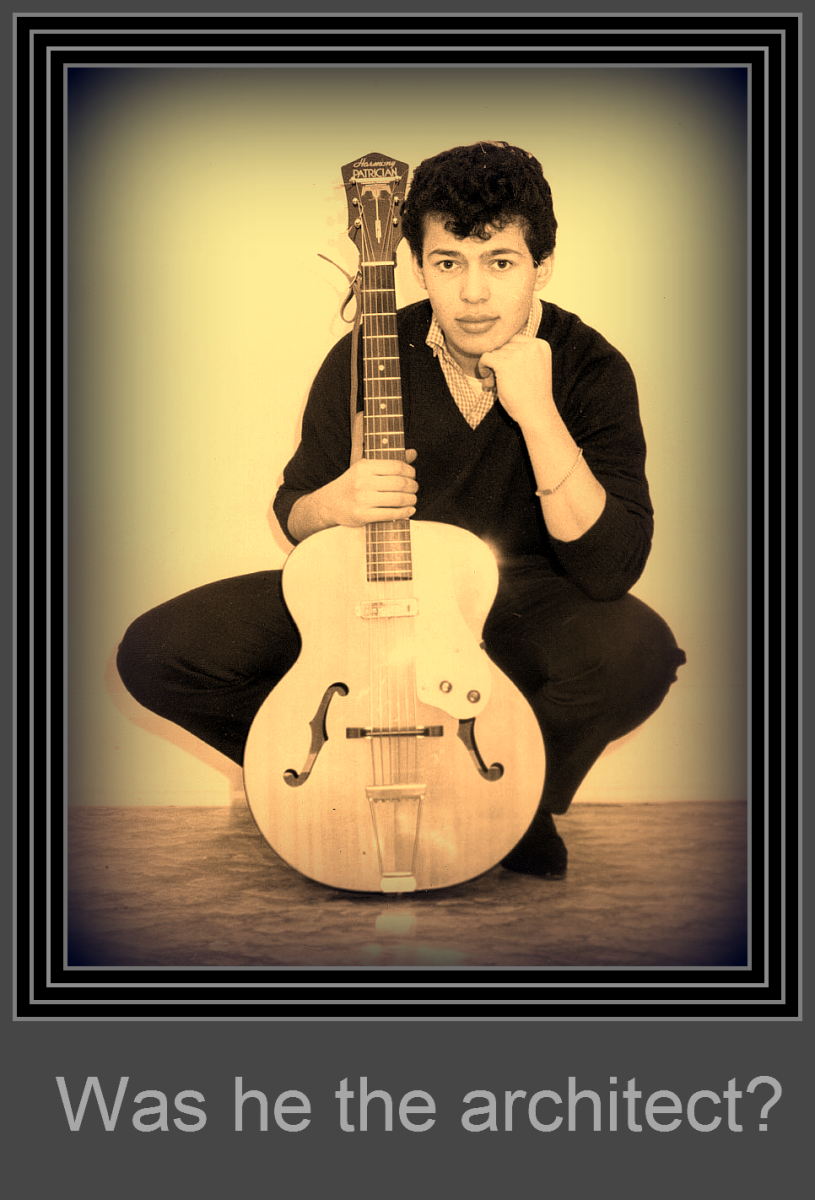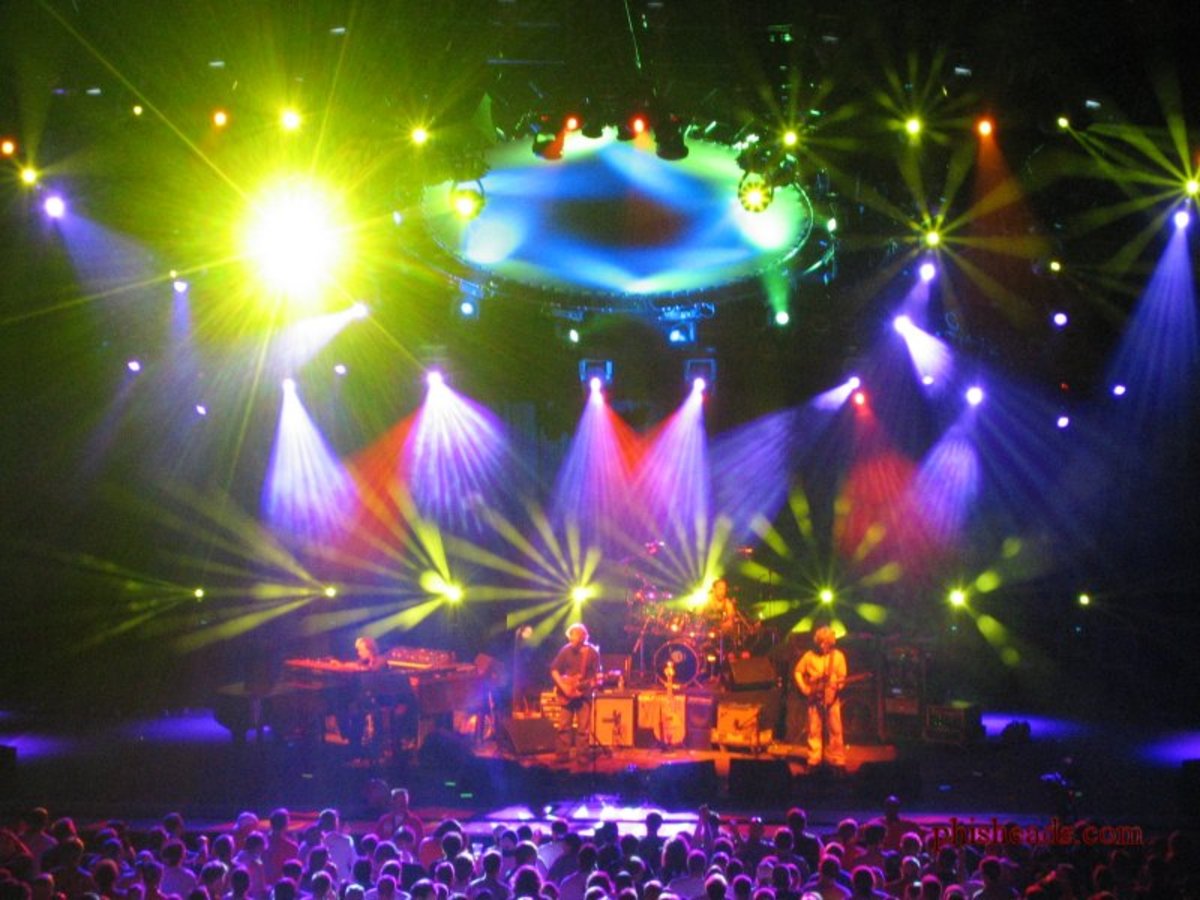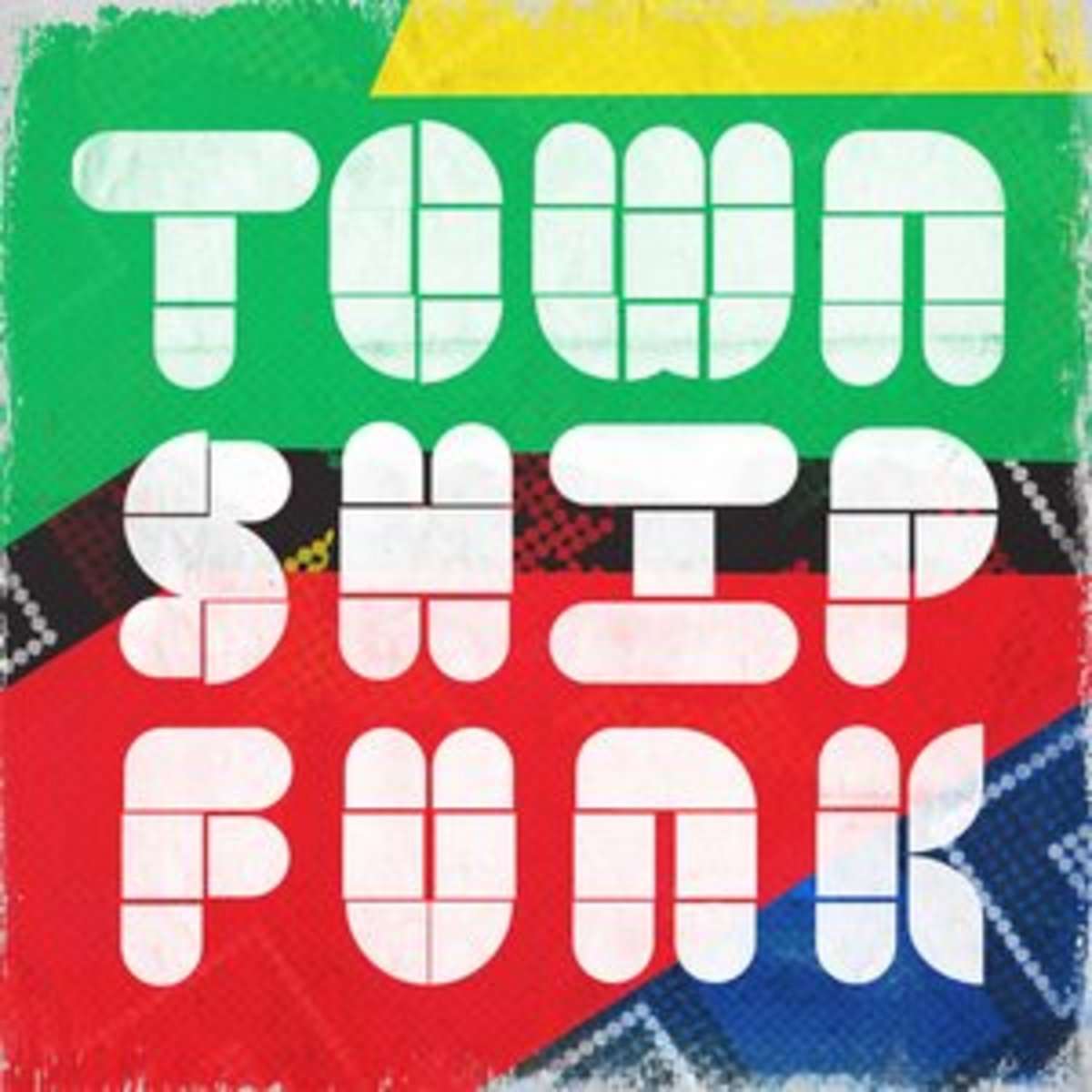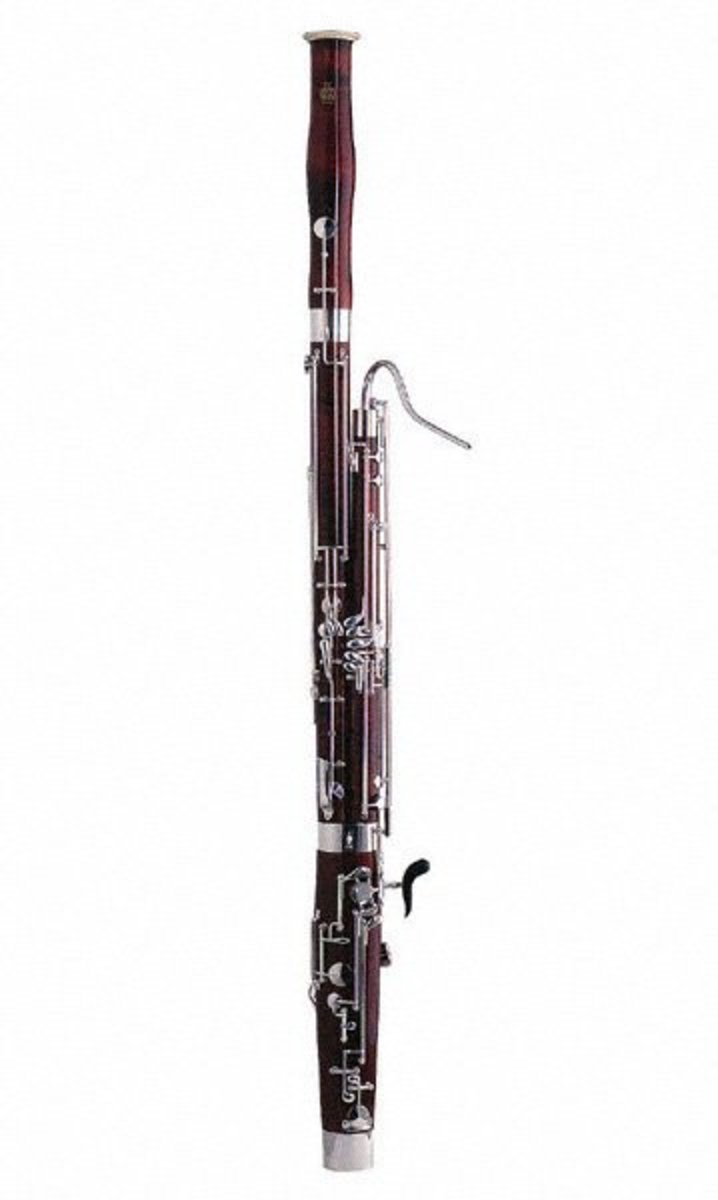Musical Performance As Therapy
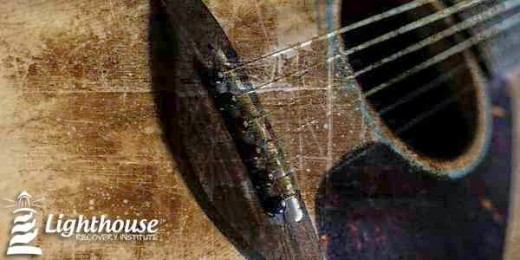
Auxiliary Power Unit
For the past two decades scientists have been exploring the connection between musical performance and mental acuity. Commonalities have been sought and explored. One of the more compelling topics is the adoption of musical performance as a deterrent for Alzheimer's, for example. Researchers have noted that lifelong musicians are often able to maintain their mental clarity well into advanced years. They conclude that the musical process functions as an auxiliary power unit for the brain-able to jump start it and normalize it as needed.
Music Regenerates
Gabrielle Giffords, the Arizona politician that suffered that was shot in the head, regained her speech by utilizing singing exercises during therapy sessions. Her speech was non-existent or very limited but her singing ability was instrumental in regaining her voice. Her musical ability bridged the gap and resuscitated speech once again. Needless to say, the therapy and the continual progress made front line headlines worldwide. Conclusion: music is a regenerative tool.
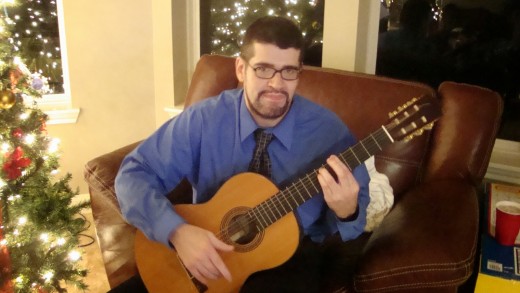
Long-Term Commitments
The mastery of a musical instrument is a complex process that is equal parts physical, mental and spiritual. As an example, the execution of a simple chord on a guitar reveals physical obstacles that are substantial. Weeks and months of practice are necessary in order to achieve simple, yet musical results. By contrast, a child can often display great ability on a piano after months of lessons.

Deep Blue
Self-discipline, persistence and a hard work ethic are often acquired during solitary practice sessions. By necessity all artistic pursuits must be solitary excursions. Public performance reveals the accomplishments or shortcomings of the ambitious artist-the different paths lead to the same destination. Decades later the instruments will prove to be the salvation. Music is therapy. Observe the exquisite color on the photo, an idyllic beach somewhere in Cozumel, Mexico. Photo credit: John Felton.

